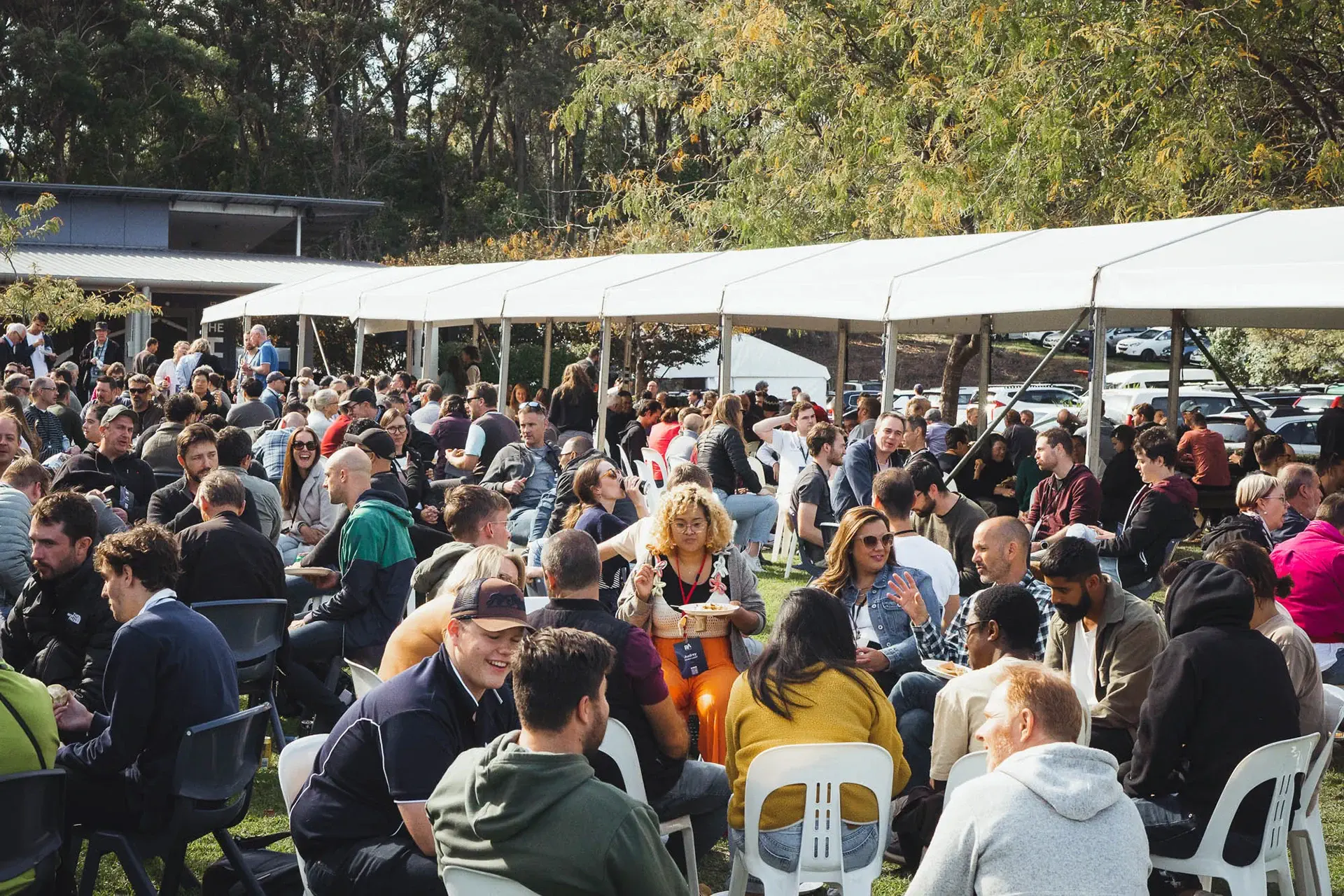
I’ve been asked recently about how important focusing on a person’ passions is when placing them in ministry. It’ often been noted that ministries which focuses on more than the ‘need’, and are instead led by a person’ gifting and passions in developing ministries w
ill actually better empower people to serve with energy and longevity.
So in response to this way of thinking, churches like Saddleback have formed very highly developed ministry assessment processes for their members, and it’ a helpful program. In the Saddleback context they call it SHAPED for ministry. They give great credence to the way we are all shaped differently. They identify three components to the ministry placement gifting, passions and ministry needs.
There is much to commend this kind of three fold thinkng about ministry fit.
However…
For a church plant there are dangers to this approach that need to be borne in mind, otherwise the application of this kind of thinking can create unintended problems.
At the beginning of a church plant you have two issues that can conspire together to cause issues.
Firstly you have great needs with very few resources. This is especially so when you launch a more formal public meeting for church. Suddenly you need to find a host of people to cover set-up and pack-down (after all we are almost always starting in a hired hall). There’ also the Sunday School to staff, the collecting and counting and banking of money, the music, the PA, etc. etc… We don’t always have the luxury of placing people according to their giftings and passions. Some jobs just need to get done.
This is the first issue great needs, limited resources.
But the second issue can be equally demanding the way culture and personal history have worked to form a person’ perception of giftings and their experience of passions.
This is profound and often neglected in this discussion but creates great potential problems in a church plant if it is not borne in mind. When we started we had a number of people coming to us who had very little history in reformed evangelical circles. They either had no history at all in church or were from churches that ran by a very different set of priorities to bible-focussed congregations.
All these people came to us with passions for certain activities and a perception of giftings. If we had sat them down and encouraged them to find a ministry that fitted their gifting and their passions (or create a new one to suit) we would not only have had many massive gaps in our key ministry areas, but we would have ended up doing a whole range of ministries that would have drained away our already scant human resources into activities that wouldn’t have helped us strategically build our resource-base for reaching the lost in our area.
That is to say, I had people coming to me speaking of their gifts and passions to do all kinds of things, most of which were either a great distraction to the work of winning the lost and maturing believers, or at the very least suffered from the ‘good/best’ dichotomy.
So in those early years two other things became very evident.
Firstly, we didn’t have the luxury to major on gifting and passion to shape what ministries people did. We just needed a team to help set up the chairs! We also needed Sunday School teachers and the money counted. I learned that it takes strong (and gracious) leadership to make clear exactly where our new church was going so that what it did could be shaped by vision and not random ideas.
But secondly, and more subtle than this, we worked out fairly quickly that people’ passions and their awareness of gifts were very much shaped by their church experiences and Bible teaching. They were often the product of nurture not nature.
I think people often imagine that we come out of the womb with a certain fixed set of gifts and passions. And certainly places like Saddleback teach this. You were knit together in your mother’ womb and by virtue of nature you have a certain shape.
However, what has struck me over the years of teaching people from other church backgrounds and traditions is that as they spend more and more time in a new church culture, their passions and awareness of gifts change dramatically.
Very early on we had people from other churches coming to us to speak about their passions for ministries and activities that had very little to do with spreading the gospel through a deep, prayeful engagement with the word. They wanted to start a craft ministry. They wanted to start a wood working group. They wanted to have a church soccer comp.
Very few were terrible ideas. They just grew out of a totally different framework of thinking about how God works in the world. They weren’t focused on the engine that drives discipleship and builds people into mature followers of Christ. If we had run with people’ passions early on (and even now) we would have failed to create a sharp and clear culture that reinforces proclamation.
But amazingly, or not so amazingly, these same people lived to see their passions change. After some years of being part of a focused reformed evangelical Bible church which aligned all its ministries to point in the same direction to see deep discipleship through the word, they have now developed new and more powerful passions, and identified with new gift sets that actually align better with a Bible framework for ministry.
It has been really interesting!
Early on people came to me spontaneously wanting to start all kinds of weird and wonderful ministries that reflected their heart and passions. But now, these same people are spontaneously coming to us with a burning passion to start ministries (or step into existing ministries) that are far more aligned.
So the bottom line?
Beware a simple follow you gifting and passion ministry dynamic, especially early on. People who come will love it because it will affirm them powerfully. But don’t be fooled! It will create a ‘catter-gun’ ministry that will fail to be clear minded in the long-term, and may even undermine your ability to reach viability.
But also be aware of the power of church culture to actually form people’ awareness of gifting and passions. We need to ensure that we build churches that, from the beginning, see the formation of reformed evangelical Bible culture as an absolutely key component of our work. That way, people who become connected with our communities will be shaped in more helpful ways. And in the end their consideration of their giftings and passions will better match the needs that a mission-minded gospel community ought to have.

